Nature reports
Publisher: World Wide Fund for Nature – Netherlands
Page 1 of 2 - 14 Results
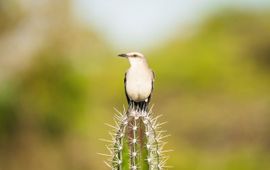
The stunning and unique nature of the six Dutch Caribbean islands will take center stage in the cinema film WOW! Caribbean Nature Uncovered. This project brings together various partners, including WWF-Netherlands and the Dutch..
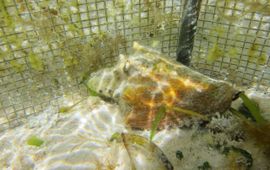
The queen conch research called, 'Conquer the Future', has started in Bonaire. Thanks to joint efforts, young farmed conches were shipped by boat from Curaçao to Bonaire. These snails are released into the sea in Sorobon with the..
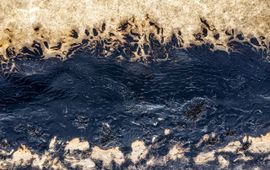
It was Monday afternoon when we received the news that oil spills had reached the east coast of Bonaire. The first thing that comes to mind is the extent of the damage to the environment and the animals. How can WWF-NL assist the..
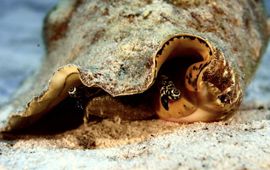
From April to December 2023, one hundred farmed young Queen Conchs were released into the sea of Curaçao with the aim of strengthening the natural population of those conchs. In the pilot project ‘Conquer the Future’, marine..
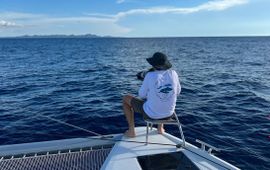
The Caribbean Cetacean Society (CCS) looks back with satisfaction at the first Ti Whale An Nou expedition on the ABC-islands. In the month of October CCS did scientific research on the diversity, distribution and movement patterns..
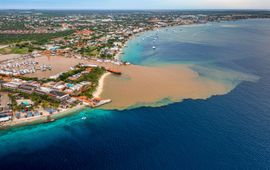
Research by Wageningen University & Research (WUR) shows that there is potential on Bonaire to use Nature-based Solutions (NbS) against the consequences of climate change. Extreme weather is expected to occur more often. Tackling..
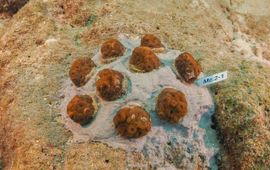
For the first time in history, three species of boulder coral have been outplanted back to Bonaire’s reefs: lobed star coral, mountainous star coral, and great star coral. In late 2022, Reef Renewal Foundation Bonaire began..
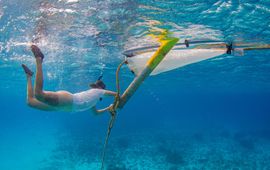
Worldwide, coral reefs are in danger of disappearing. Several solutions are needed to keep coral reefs healthy. It is interesting to explore the role that fish can play in maintaining or improving the ecosystem. Reef fish are..
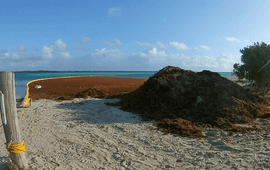
A joint experiment between WWF-Mexico and STINAPA Bonaire found that vegetables grown in soil enriched with sargassum had higher levels of arsenic and cadmium, heavy metals that can be toxic to humans and animals. Researchers warn..
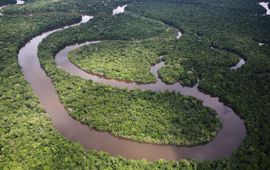
A new study published in the journal Global Sustainability finds that over 260,000 kilometres of free-flowing rivers are at risk due to the proposed construction of new hydropower dams. The total stretch of rivers at risk is..
